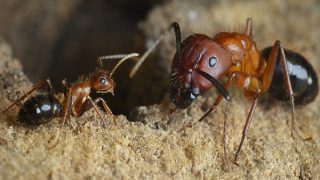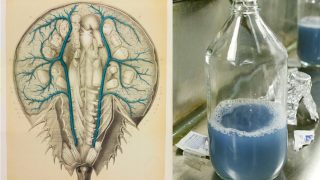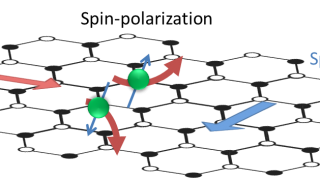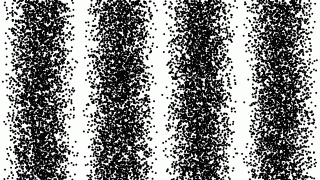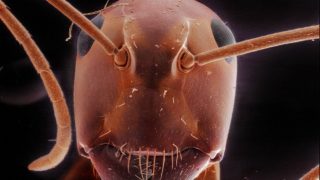
Semiconductors
The most prevalent use today of semiconductors is forming them into transistors, the basic electronic building blocks of all “solid-state electronics” and computer microchips. Semiconductors are the most important materials in the burgeoning revolution in computers and other electronic devices today. Such applications also arose, beginning in the 1930s, from the quantum mechanics of the […]
